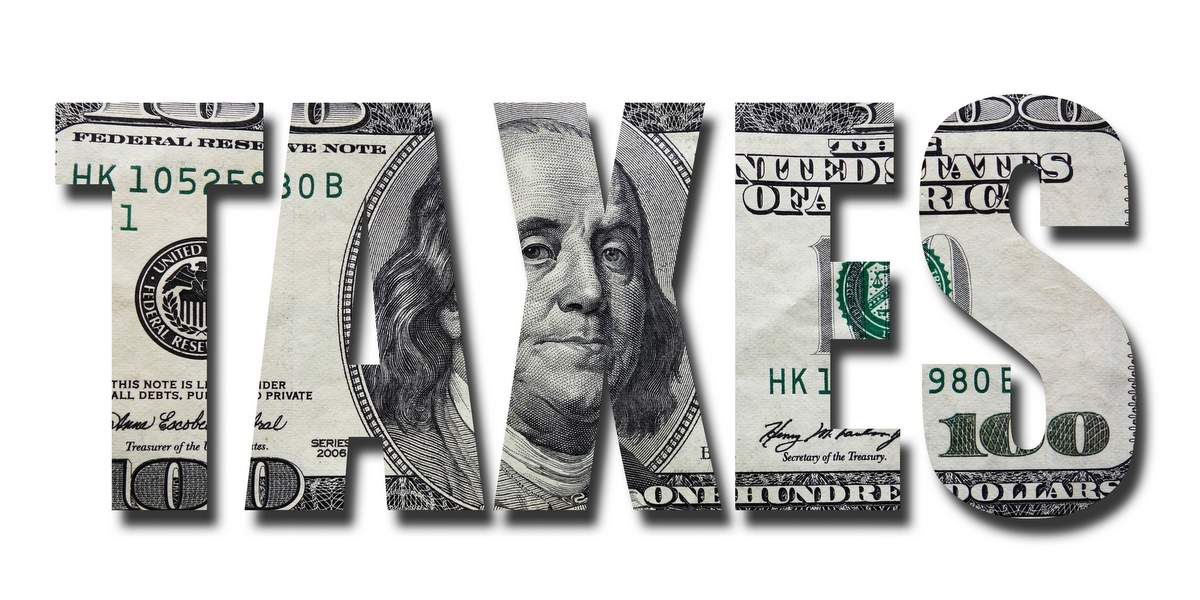
In case you missed it, the Craft Beverage Modernization Act (CBMA) provisions of the Tax Cuts and Jobs Act of 2017 are now permanent, via the recent COVID stimulus bill. The recent amendments to the Internal Revenue Code included several notable changes to those provisions though, some of which were effective Jan.1, 2021, and others with 2022 or 2023 effective dates.
Our pals at the Alcohol and Tobacco Tax and Trade Bureau (TTB) laid out everything you need to know (the new provisions are mostly for those of you producing spirits).
The temporary CBMA provisions that are now permanent include:
- Reduced tax rates on beer and distilled spirits, and certain tax credits for wine
- Adjusted alcohol content for certain still wine tax classes from 14% to 16% alcohol by volume
- Lower tax rates for certain meads and low alcohol wines
- Transfers of beer in bond between brewers who are not of the same ownership
Key changes made to earlier CBMA provisions include:
Transfer in Bond of Non-Bulk Distilled Spirits: Beginning January 1, 2021, the law prohibits the transfer of bottled spirits in bond except:
- between bonded premises belonging to the same person or members of the same controlled group,
- if the distilled spirits are transferred in bond from the DSP who distilled or processed the spirits to another DSP for bottling or storage and returned to the transferor for removal, but only if the transferor retained title during the entire period between such distillation, or processing, and removal, or
- for transfers of spirits for industrial purposes.
Single Taxpayer Incorporation of Spirits Processing: Beginning January 1, 2021, entities who process distilled spirits are included in the Single Taxpayer distilled spirits provision. Under that provision, pursuant to rules issued by the Secretary, two or more entities (whether or not under common control) that produce beer, wine, or distilled spirits, or process distilled spirits, under a license, franchise, or other arrangement shall be treated as a single taxpayer.
Exclusion of bottling from processing for reduced rate purposes: Effective January 1, 2022, only Distilled Spirits Producers who perform a processing activity other than bottling are entitled to take a CBMA reduced rate on distilled spirits that they process and remove. Entities who only bottle beverage distilled spirits will not be eligible for a reduced tax rate under CBMA on such spirits removed.
Import Administration: Beginning in 2023, the reduced tax rates and tax credits on beer, wine, and distilled spirits produced outside the United States and imported will be administered by the Treasury Department under a refund system of providing the benefit of assigned reduced rates to importers. Since CBMA was enacted in 2017, U.S. Customs and Border Protection (CBP) has administered the reduced rates and credits on imports including the foreign producers’ assignment of reduced rates and credits to electing importers, and CBP maintains administration over imports subject to CBMA for
Information requirements for foreign producers: A new provision (26 U.S.C. 6038E) requires a foreign producer that elects to make a reduced rate or credit assignment to provide information about its structure (including controlled group information) in accordance with requirements prescribed by the Secretary.





Leave a Reply
You must be logged in to post a comment.